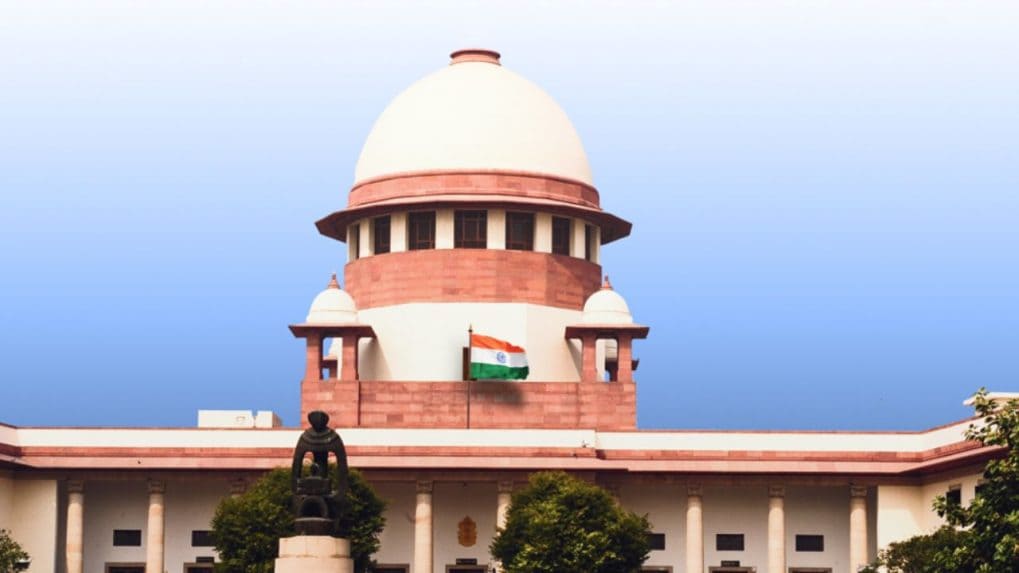Digital
Why OpenAI is hiring 100 ex-bankers: Inside the ChatGPT-maker's secret project to automate Wall Street's grunt work

In a landmark decision aimed at promoting inclusivity, the Supreme Court, on April 30, ruled that digital access is an intrinsic component of the right to life and directed changes to KYC (Know Your Customer) processes to better accommodate persons with disabilities.
The court emphasised that current procedures used by banks, mobile service providers, and other institutions often fail to account for the challenges faced by disabled individuals, thereby violating their constitutional rights.
The Supreme Court's verdict came in response to a petition filed by Pragya Prasun, who called for inclusive KYC guidelines tailored for acid attack survivors and individuals with permanent vision impairment.
A bench comprising Justices J.B. Pardiwala and R. Mahadevan emphasised that in today’s digital age, where access to vital services like governance, education, healthcare, and economic opportunities increasingly depends on online platforms—the right to life under Article 21 of the Constitution must be interpreted in the context of evolving technology.
The court instructed the central government to make digital KYC procedures accessible for persons with disabilities, especially those with facial disfigurements or visual impairments. It also directed various ministries to ensure that all regulatory bodies—public and private—adhere to prescribed accessibility standards.
Additionally, the court asked the Reserve Bank of India (RBI) to ensure that customer due diligence and onboarding processes incorporate video-based KYC methods, without requiring eye-blinking verification, in accordance with the 2016 KYC rules.
India’s 2011 census showed that 2.68 crore people - over 2% of the population—live with disabilities, a majority of whom reside in rural areas. As OTT becomes a dominant mode of content consumption, experts believe that building in accessibility from the ground up is no longer optional, it’s essential.
It is to be noted that in a bid to promote inclusivity in India’s growing digital content space, Centre is also in the final stages of drafting comprehensive accessibility guidelines for OTT platforms. While accessibility standards already exist for traditional media like broadcast television and cinema, OTT platforms have so far operated without a unified framework. The government is now looking to fill that gap by drawing from global standards such as the Web Content Accessibility Guidelines (WCAG), Storyboard18 reported earlier.
In a wide-ranging interview with Storyboard18, Sorrell delivers his frankest assessment yet of how the deal will redefine creativity, media, and talent across markets.